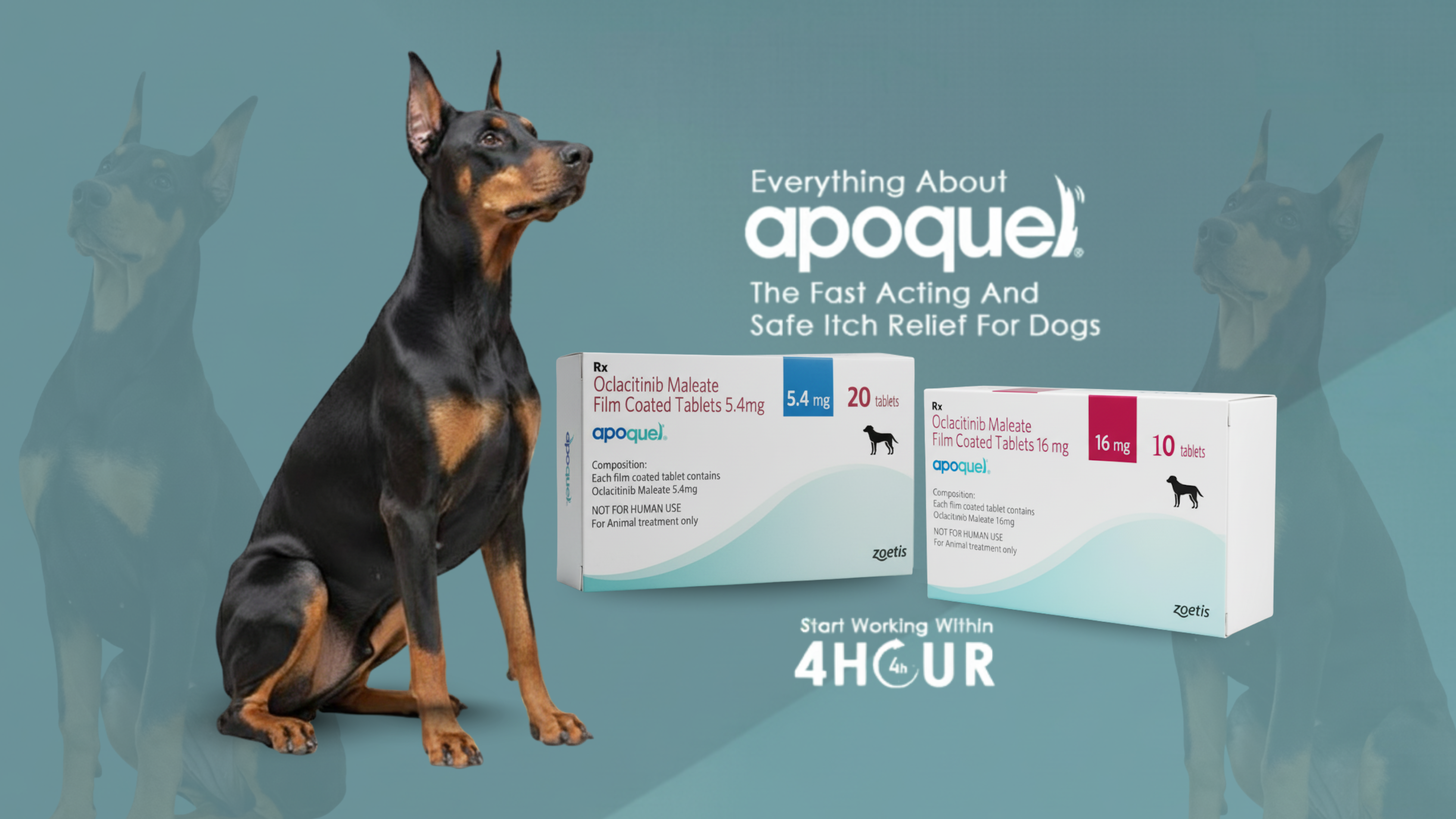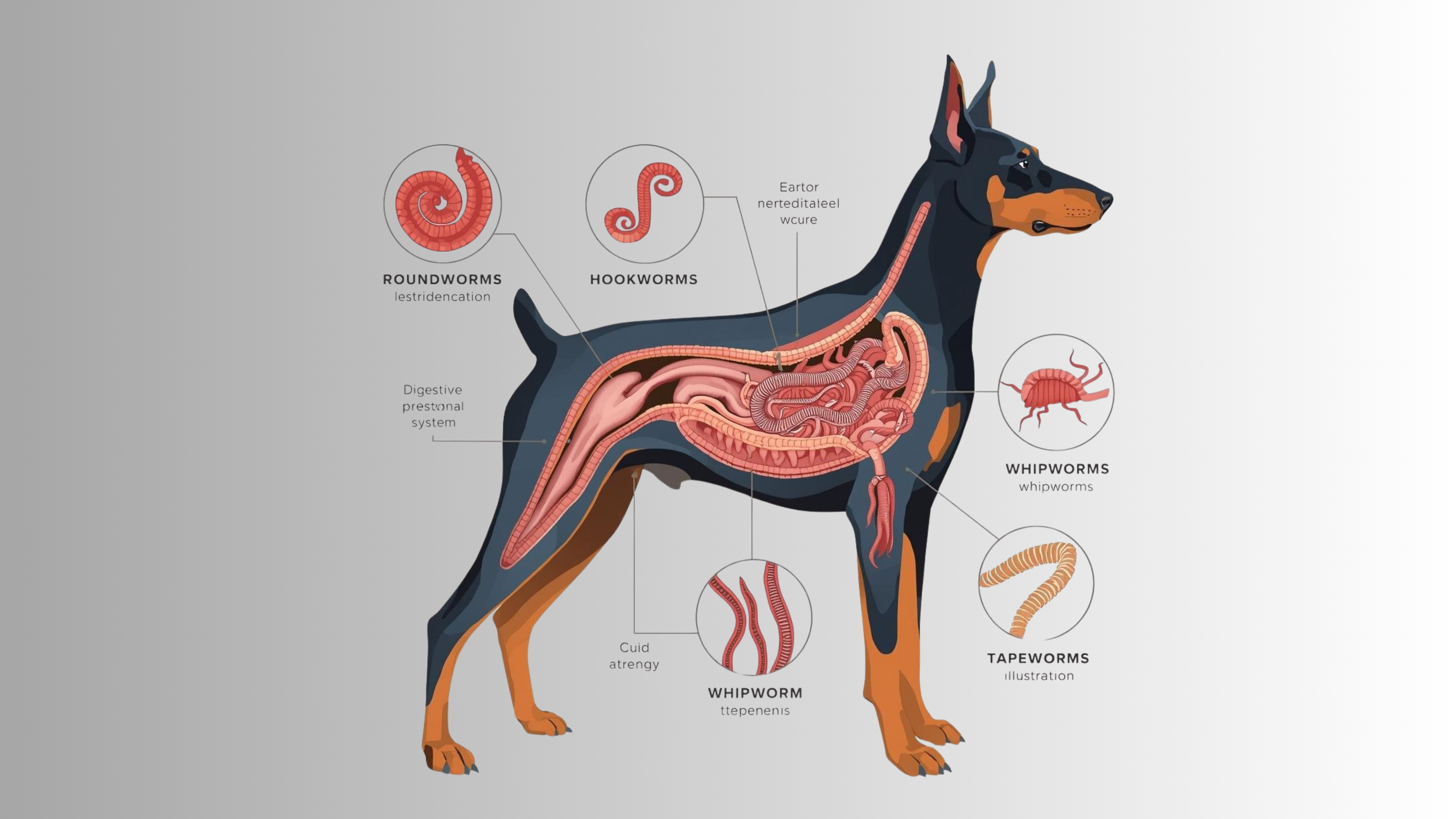
Common Skin Issues for Dogs: Understanding, Treating, and Preventing
, by Vishnu Dutt Triphati, 4 min reading time
India’s pioneering pet pharmacy, worldwide seller, and exporter.

, by Vishnu Dutt Triphati, 4 min reading time
Dogs, with their boundless energy and adventurous spirits, often find themselves exploring the world around them with fervor. However, this enthusiasm can sometimes lead to encounters with various skin issues, ranging from mild irritations to more serious conditions. As responsible pet owners, it's crucial to familiarize ourselves with these common skin problems, understand their causes, and learn how to address them effectively.
Before delving into specific skin issues, it's essential to recognize the signs that indicate your furry companion may be experiencing discomfort. Watch out for symptoms such as itching, redness, inflammation, hair loss, lumps or bumps, foul odor, and changes in skin texture. These signs can signal underlying skin problems that require attention.
Just like humans, dogs can suffer from allergies that manifest on their skin. Allergens such as pollen, dust mites, certain foods, and even fleas can trigger allergic reactions in dogs. Common signs of allergies include itching, redness, hives, and skin infections. Identifying and eliminating the allergen from your dog's environment is key to managing allergic reactions.
Fleas are not only a nuisance but also a common cause of skin problems in dogs. These tiny parasites feed on your dog's blood, causing intense itching, redness, and skin irritation. Flea infestations can lead to secondary infections if left untreated. Preventive measures such as regular grooming, flea baths, and using flea prevention products are essential for keeping these pesky parasites at bay.
Mange is a skin condition caused by mites that burrow into your dog's skin, leading to intense itching, hair loss, and skin irritation. There are two main types of mange: sarcoptic mange (caused by Sarcoptes scabiei mites) and demodectic mange (caused by Demodex mites). Treatment for mange typically involves medicated shampoos, topical ointments, and oral medications prescribed by a veterinarian.
Hot spots, also known as acute moist dermatitis, are localized areas of inflamed, infected skin that appear red, swollen, and painful. These lesions often develop as a result of excessive licking, scratching, or biting due to underlying skin irritation or allergies. Keeping your dog's skin clean and dry, along with topical treatments recommended by your vet, can help alleviate hot spots.
Bacterial and fungal infections can take a toll on your dog's skin, causing symptoms such as redness, itching, and discharge. These infections can occur secondary to other skin problems such as allergies, flea infestations, or injuries. Treatment usually involves antibiotics or antifungal medications, along with proper hygiene and grooming practices.
Seborrhea is a skin condition characterized by excessive oiliness or dryness, leading to flaky, greasy, or scaly skin. It can be caused by underlying factors such as hormonal imbalances, nutritional deficiencies, or genetics. Regular baths with medicated shampoos and dietary supplements rich in omega-3 fatty acids can help manage seborrhea and improve your dog's skin health.
While not strictly a skin issue, ear infections are common in dogs and can often be linked to underlying skin problems. Symptoms of ear infections include scratching at the ears, head shaking, redness, odor, and discharge. Regular ear cleaning and proper hygiene are essential for preventing ear infections, along with prompt veterinary treatment if signs of infection arise.
Environmental factors such as harsh weather conditions, exposure to toxins, and contact with irritating substances can also contribute to skin problems in dogs. Protecting your dog from extreme temperatures, using pet-safe products for grooming and cleaning, and providing a comfortable living environment are essential for maintaining healthy skin.
Preventing skin issues in dogs requires a proactive approach that includes regular grooming, proper nutrition, parasite control, and prompt veterinary care. If your dog displays any signs of skin problems, such as itching, redness, or hair loss, consult your veterinarian for a thorough examination and appropriate treatment plan.
In conclusion, being aware of the common skin issues that affect dogs and knowing how to recognize and address them is essential for maintaining your pet's overall health and well-being. By staying vigilant, practicing good hygiene, and seeking timely veterinary care, you can help your furry friend enjoy a happy, itch-free life.


